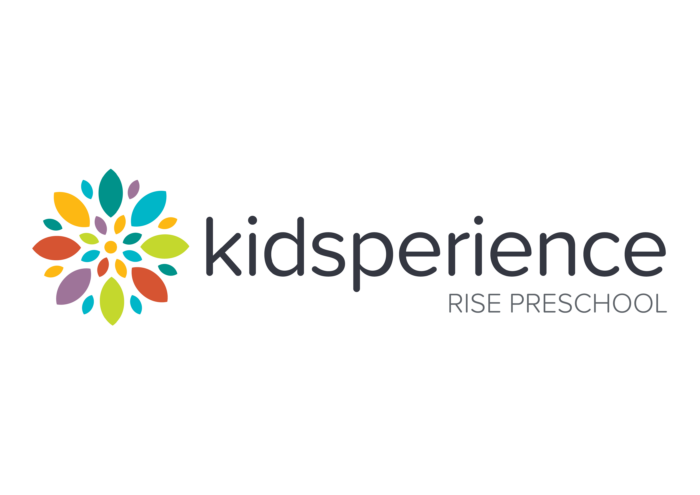Nutrition in the Early Years


As parents, we want the best for our children, and one crucial aspect of their well-being is nutrition. The early years are a critical time for growth and development, and providing your little Risers with the right nutrients sets a solid foundation for their future. In this blog, we’ll explore some essential nutrition tips for children aged 2 to 5 and share some scrumptious snack recipes that will make healthy eating a delightful adventure for your children.
Nutrition Tips for Young Children:
- Balance is Key: Aim for a balanced diet that includes a variety of food groups. Ensure your child gets plenty of fruits, vegetables, whole grains, lean proteins, and dairy. If your child struggles with some of these food groups, try sneaking them into snacks and meals. For example, honey sweetened spinach muffins or spaghetti in tomato sauce (with veggies blended in the sauce!). Importantly, however, avoid labelling your child’s preferences: keep putting those tomatoes and broccoli on their plate – one day, they will pick them up and surprise you!
- Portion Control: Children have smaller stomachs, so it’s essential to serve them appropriate portion sizes. Be aware to not force your child to ‘clear the plate’ – educate your child on listening to their bodies and eating only until they are full, developing a healthy relationship with food.
- Limit Sugary Treats: Sugary snacks and drinks should be occasional treats, not everyday staples. Encourage water as the primary beverage and avoid sugary sodas and excessive fruit juices. Similarly, however, avoid cutting out sugary snacks altogether – educate your child on the importance of understanding why sugary snacks should be limited, even though they are often delicious! Help teach them ‘everything in moderation’ and to make their own decisions for the benefit of their own bodies.
- Healthy Fats: Include sources of healthy fats like avocados, and olive oil in their diet. These fats are essential for brain development.
- Iron-Rich Foods: Ensure your child gets enough iron by including foods like lean meats, beans, lentils, and fortified cereals in their diet to support healthy blood and brain development.
- Vitamin D: Vitamin D is crucial for bone health. Exposure to sunlight and foods like fortified milk and fatty fish can help meet your child’s vitamin D needs.
Now, let’s move on to some fun and nutritious snack ideas:
Healthy Snack Recipe Ideas:
1. Veggie Sticks with Hummus:
- Slice carrots, cucumbers, and bell peppers into kid-friendly sticks.
- Serve with a side of hummus for dipping. Children love the interactive aspect of dipping!
2. Fruit Kabobs:
- Thread colourful fruit chunks onto skewers. Use strawberries, grapes, pineapple, and melon.
- Drizzle with a bit of honey or yogurt for added flavour.
3. Mini Whole Grain Pizzas:
- Spread whole-grain English muffins with tomato sauce.
- Let your child add their favourite toppings like diced veggies and a sprinkle of cheese.
- Bake until cheese is bubbly and golden.
4. Yogurt Parfaits:
- Layer low-fat yogurt with granola and fresh berries.
- Let your child assemble their parfait, making it a creative snack.
5. Frozen Banana Bites:
- Slice bananas into rounds.
- Dip each slice in yogurt and then roll in crushed whole-grain cereal.
- Freeze for a refreshing, crunchy treat.
6. Cheese and Whole Grain Crackers:
- Offer a variety of cheese slices or cubes with whole-grain crackers.
- Cheese provides calcium and protein, making it a nutritious snack.
Remember, it’s not just about what your child eats but also about fostering healthy eating habits. Be a role model by enjoying these snacks with your kids, and involve them in meal preparation to instil a love for wholesome foods. With these tips and recipes, you can set your child on the path to a lifetime of good nutrition and healthy eating habits.

